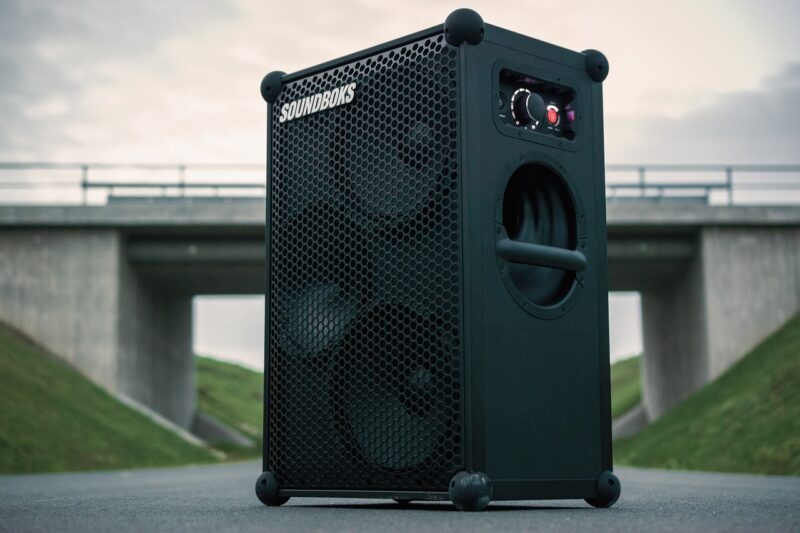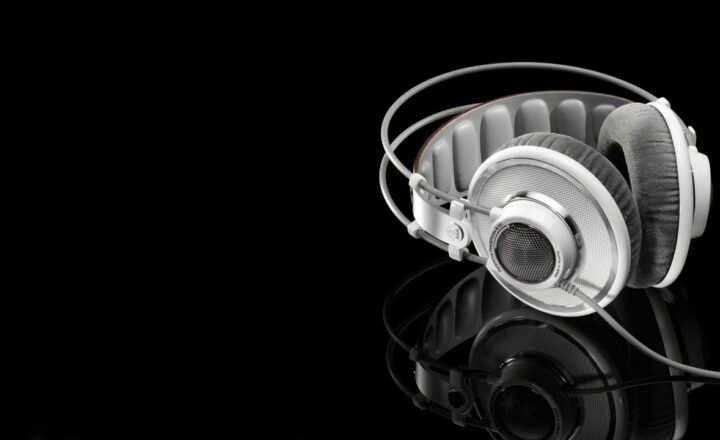
In the world of audio devices, choosing the right speakers can significantly enhance your listening experience. With advancements in technology, today’s market features a dizzying array of options, ranging from small Bluetooth speakers to high-end home theater systems. However, personal preference is an essential factor when selecting the ideal speakers for your needs. This guide aims to help you navigate the complexity of speaker selection by focusing on your unique audio preferences.
1. Understanding Your Listening Environment
Before diving into speaker specifics, it’s crucial to assess your listening environment. The space where you’ll be using your speakers greatly influences sound quality and performance. Consider the following factors:
- Room Size: Larger rooms may require more powerful speakers to fill the space with sound, while smaller rooms might benefit from compact models.
- Room Acoustics: Reflective surfaces (like glass) can alter sound quality, whereas soft furnishings (like carpets) can absorb sound. Evaluate how these factors may affect your audio experience.
- Positioning: Plan where your speakers will be placed (e.g., bookshelves, corners). Speaker type and size can impact sound dispersion and clarity based on their placement.
2. Types of Speakers
Different types of speakers cater to various audio needs and preferences. Here’s a quick overview:
- Bookshelf Speakers: Compact yet powerful, ideal for smaller spaces and versatile use like music or movies.
- Floor-Standing Speakers: Larger speakers that deliver a fuller sound experience, perfect for home theater setups.
- Soundbars: Sleek and space-saving, great for enhancing TV audio without the clutter of multiple speakers.
- Portable Bluetooth Speakers: Perfect for on-the-go listening, these speakers combine convenience with decent audio quality.
- Subwoofers: Essential for bass-heavy music, they enhance low frequencies to provide a richer sound experience.
3. Audio Quality Considerations
Audio quality can greatly influence your experience, so consider the following factors when choosing speakers:
- Frequency Response: This indicates the range of frequencies a speaker can reproduce. A wider frequency response usually equates to richer sound.
- Total Harmonic Distortion (THD): This measures audio fidelity. Lower THD percentages typically indicate clearer audio.
- Sensitivity: Higher sensitivity ratings mean the speaker can produce more sound with less power, making them ideal for use with lower-powered amplifiers.
4. Matching Speakers to Your Audio Preferences
Your personal audio preferences will determine what type of speakers work best for you. Here are some scenarios to consider:
- If You Love Music: Consider bookshelf or floor-standing speakers with high fidelity for a rich listening experience.
- If You’re a Movie Buff: Opt for a home theater system with surround sound capabilities, complemented by a subwoofer for thrilling cinema audio.
- If Portability is Key: Portable Bluetooth speakers are perfect for outdoor events or travel without sacrificing sound quality.
5. Connectivity Options
Modern speakers come with various connectivity options:
- Wired vs. Wireless: Choose wired options for stability and quality, or opt for wireless speakers for convenience.
- Bluetooth: Ideal for easy pairing with devices, however, consider battery life and range for portable models.
- Auxiliary Inputs: If you plan to connect to multiple devices, make sure the speakers have adequate inputs for your needs.
6. Budgeting for Your Speakers
Audio quality often correlates with price, but it’s essential to find options that fit your budget. Consider the following tips:
- Set a Budget: Determine how much you’re willing to spend. Quality speakers can range anywhere from $50 to several thousand dollars.
- Research and Compare: Look for reviews and comparisons of speakers within your budget to find the best options.
- Consider Second-Hand Models: Purchasing gently used speakers can provide significant savings while still offering quality sound.
7. Listening Tests
Before making a final decision, it’s wise to test speakers in person. Here’s how to conduct effective listening tests:
- Bring Your Music: Use familiar songs to assess how speakers handle different genres.
- Check Different Settings: Listen to speakers in various settings, as acoustics can differ markedly.
- Trust Your Ears: Pay attention to clarity, balance, and how well the speakers convey emotion in the music.
Conclusion
Choosing the best speakers depends on understanding your unique audio preferences, evaluating your listening environment, and considering different types of speakers available. By taking time to research and test options, you will ensure that your chosen speakers deliver the sound quality and enjoyment you seek.
Armed with this guide, you can confidently select speakers that will enhance your music, movies, and overall audio experience. Whether you’re a casual listener or a serious audiophile, the perfect sound awaits you.








